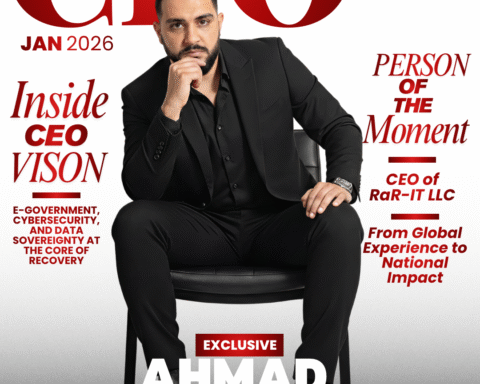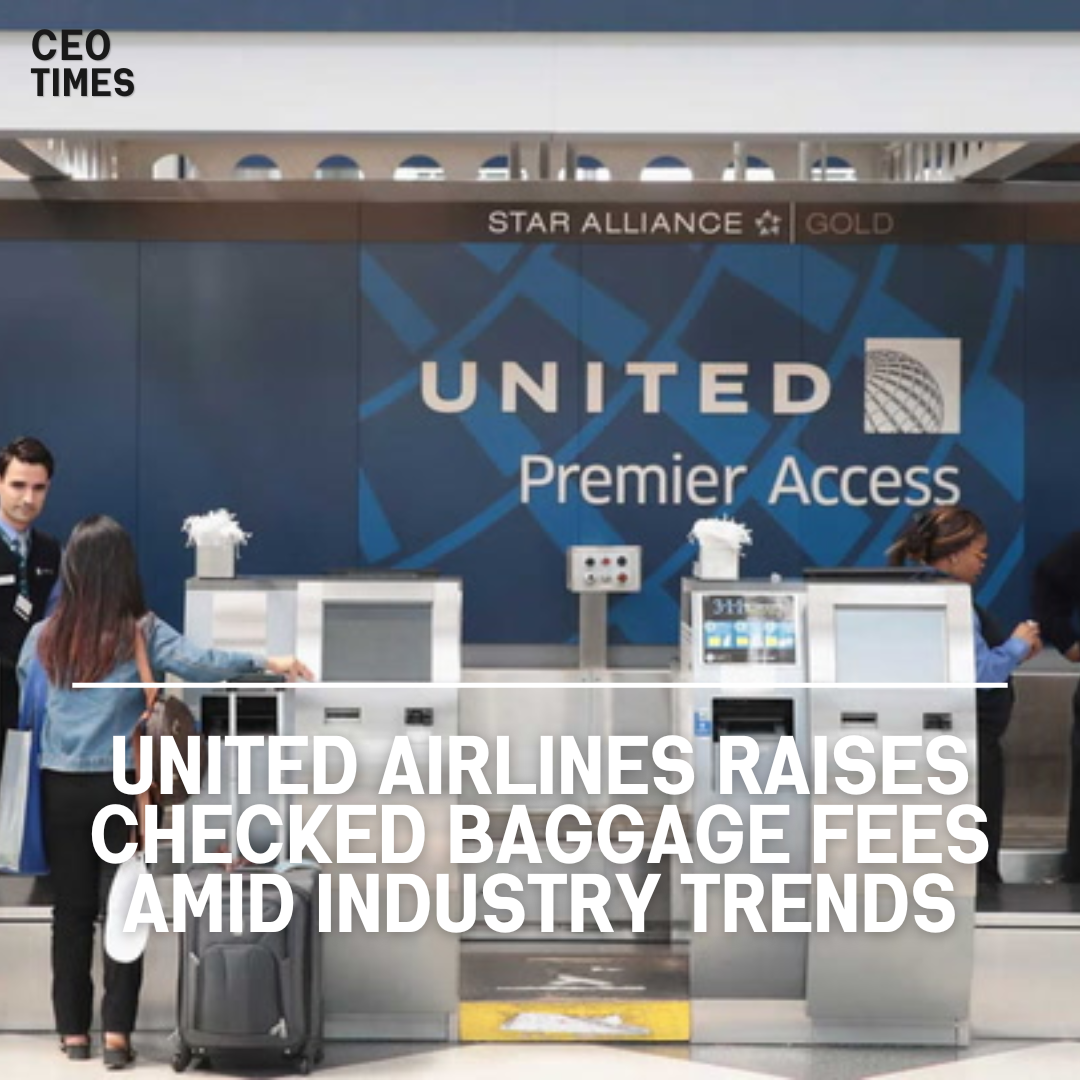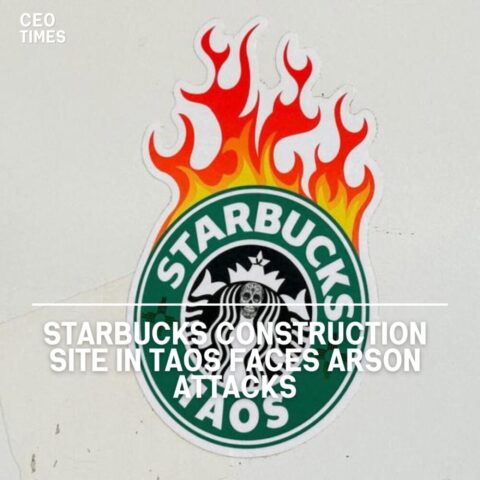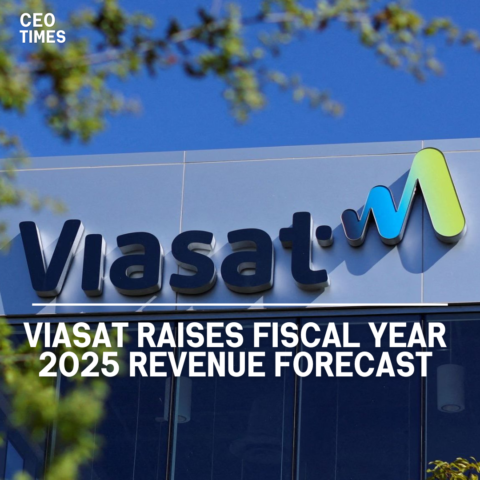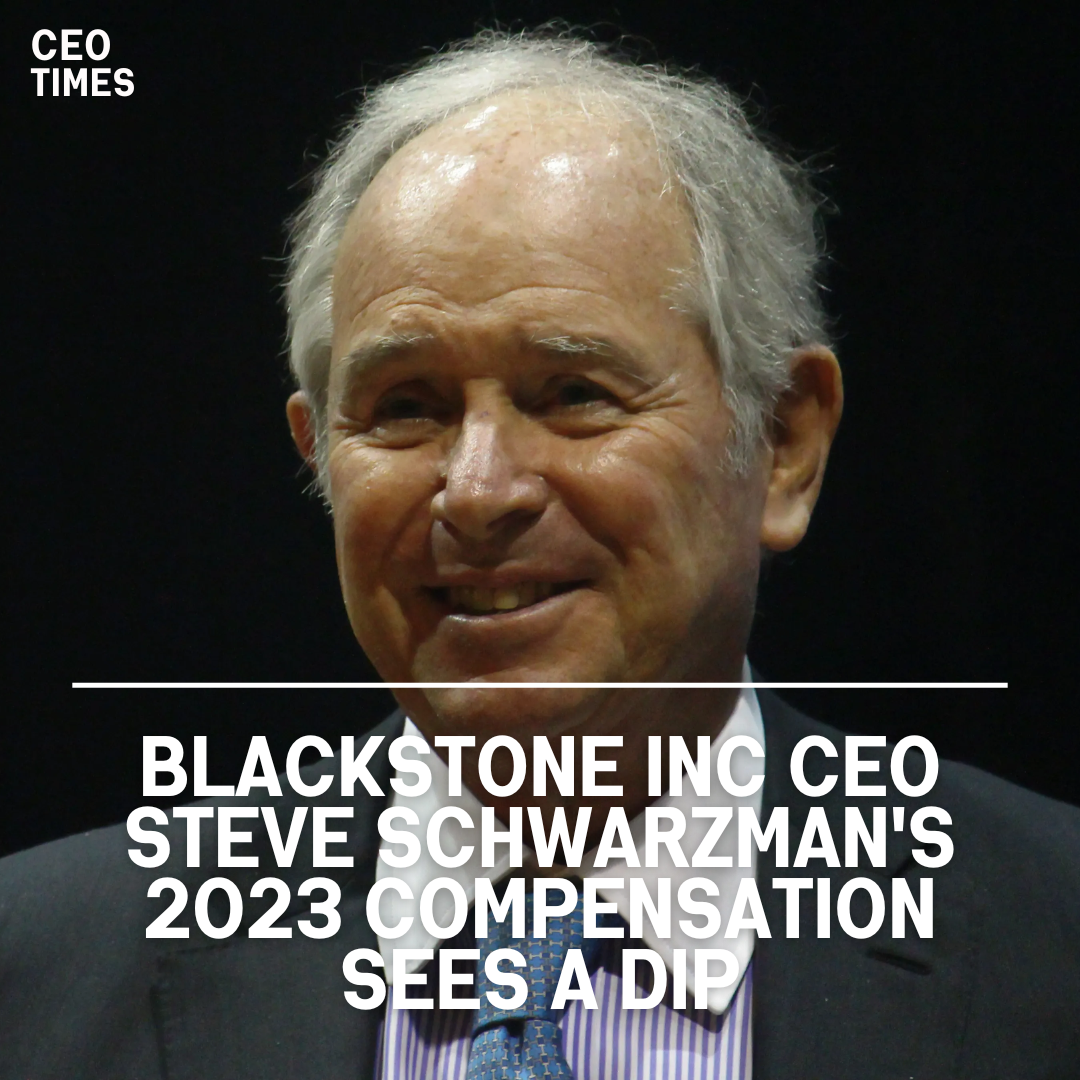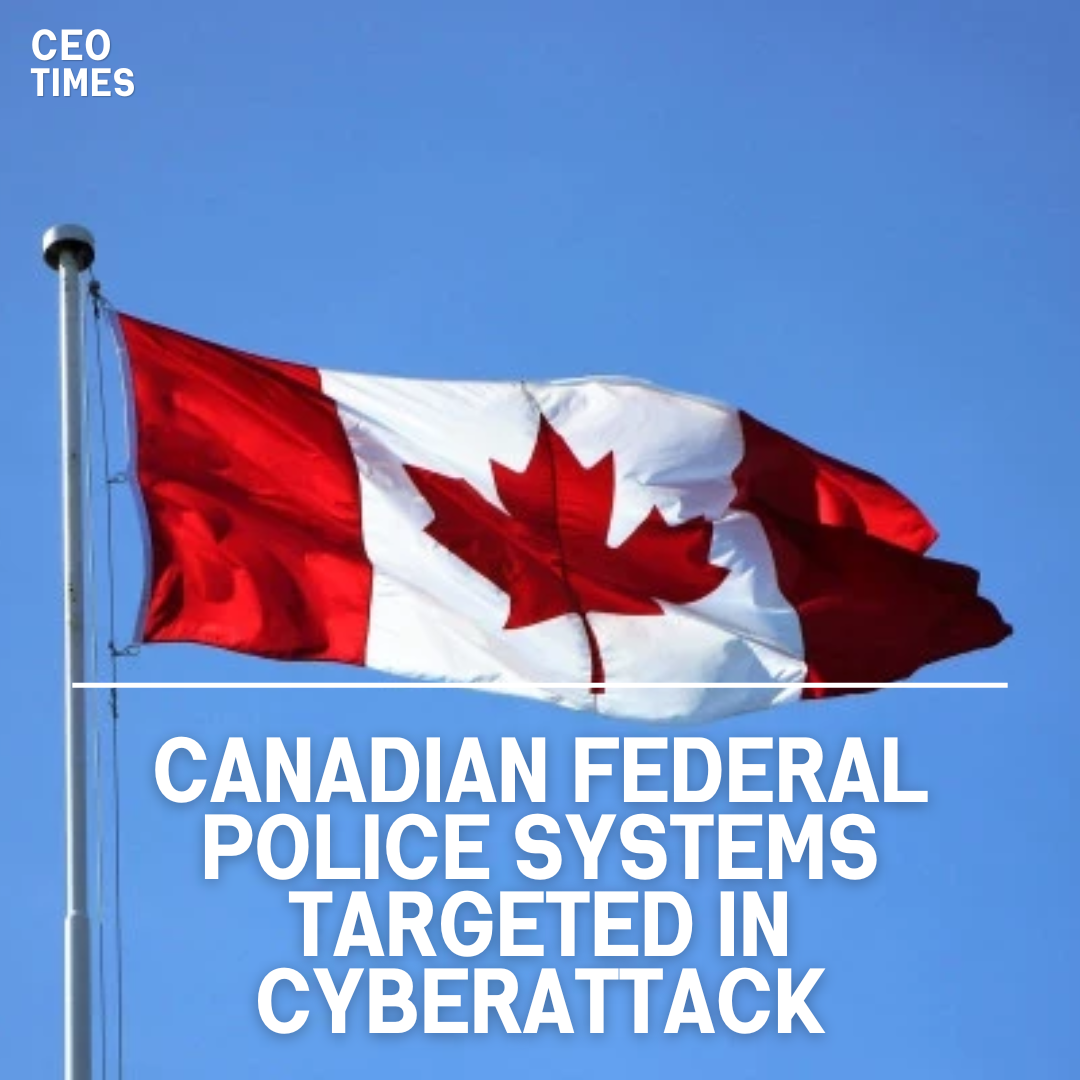United Airlines joined its counterparts, American Airlines and JetBlue Airways, in increasing checked baggage fees for travelers within North America.
The move comes amidst ongoing adjustments in the airline industry’s pricing strategies.
Updated Fee Structure for United Passengers:
Effective February 24, economy class passengers flying within the U.S. on United Airlines will encounter revised baggage fees.
The first checked bag will cost $40 at the airport or $35 if paid in advance. Similarly, the fee for a second checked bag will be $50 at the airport or $45 in advance.
Rising maintenance and labor contract expenses have prompted airlines to recalibrate their fee structures. This adjustment comes at a time when airlines are facing weakened pricing power within the domestic U.S. market.
Industry-wide Revenue from Baggage Fees:
In 2022, U.S. airlines collectively generated approximately $6.8 billion from baggage fees alone, with figures reaching $5.5 billion in the first nine months of 2023.
United Airlines last raised its checked baggage fees four years ago, increasing rates by $5 to $35 at airports or $30 when paid in advance online.
American Airlines recently raised its fees to $35 for the first checked bag if booked online in advance or $40 at the airport.
Also Read: Blackstone Inc CEO Steve Schwarzman’s 2023 Compensation Sees a Dip
JetBlue’s Justification for Fee Adjustments:
JetBlue cited escalating operational costs, including higher wages, increased fuel expenses, and broader inflationary pressures, for its fee hikes.
The airline aims to offset losses incurred since the onset of the COVID-19 pandemic and return to profitability.
Legislative and Regulatory Responses:
Senator Richard Blumenthal’s scrutiny of airline fees, including those for baggage, seat selection, and ticket changes, reflects ongoing legislative interest in regulating airline pricing practices.
Additionally, the U.S. Transportation Department proposed enhanced fee disclosure requirements for airlines in 2022 to increase transparency in fare displays.
Evolution of Regulatory Landscape:
While Congress considered imposing constraints on baggage and change fees in 2018, industry lobbying efforts ultimately thwarted these proposals.
The shift in regulatory priorities underscores the ongoing tension between consumer advocacy and industry interests within the airline sector.


